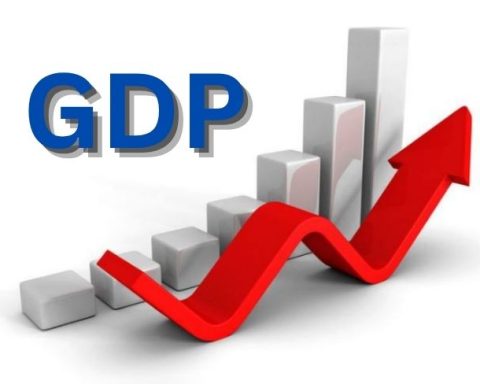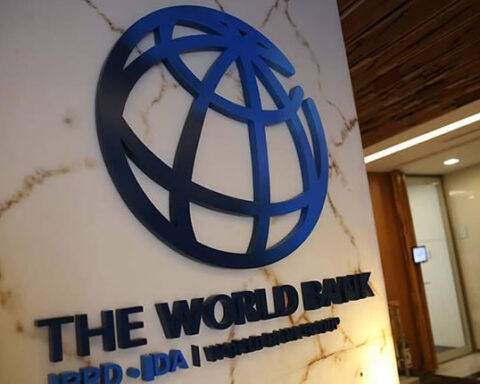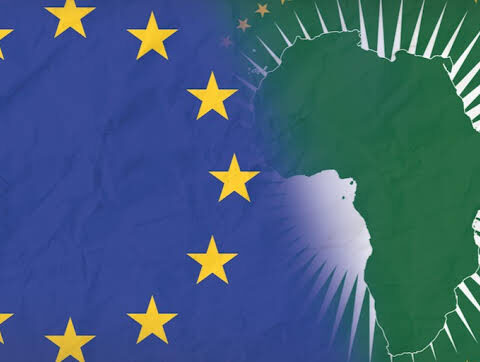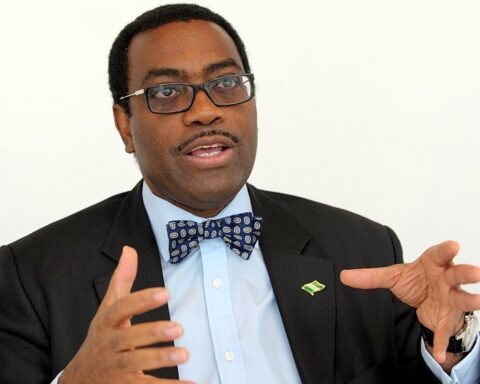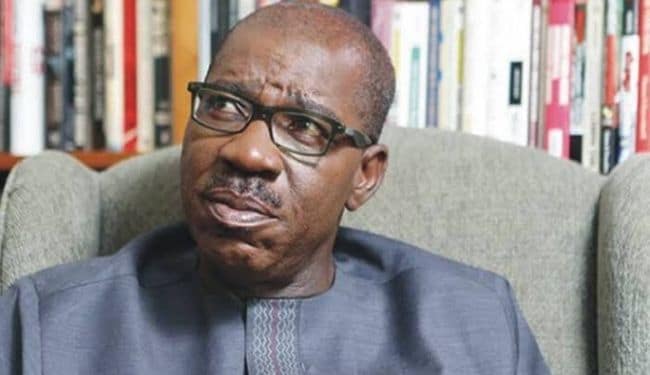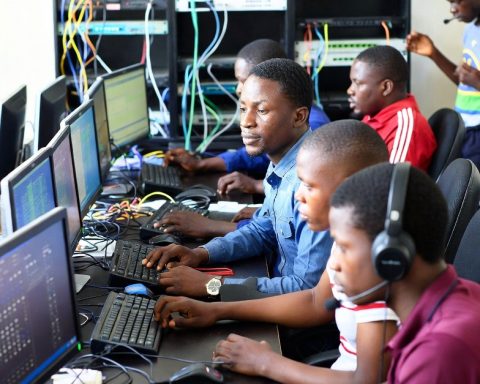TECHNOLOGICAL advancement in delivering financial services in modern times has raised fears of its negative impact on economies of developing countries. But tech experts have said such innovations rather help in democratizing the economies.
This was the submission of financial technology experts during the 3rd edition of Prime Business Africa’s (PBA) Socio-Economic & Entrepreneurship Development Series (SEEDS) held on Tuesday, September 28, on the theme: “Tech disruptions and the future of African economies.”
Join our WhatsApp ChannelThe General Partner of Future Africa and Co-founder of Flutterwave, Mr Iyinoluwa Aboyeji, said what is happening in Africa courtesy of technology is not disruption; rather it is a democratization of the economy to distribute economic opportunities across board.
Iyinoluwa, who was the lead speaker at the event, observed that the world has shifted from a globalized economy to what he called a ‘distributed economy’ courtesy of access to the Internet and computing.
He noted that there is emergence of tech experts who develop computer softwares used in creating online financial/business activities which have liberalized access to fund across the world.
Nigeria he said, is becoming number one destination for remote engineering, adding that countries from all over the world are recruiting in Nigeria and providing foreign exchange.
His words, “If you are thinking about where the world is going, consider this big shift. It is not disruption as most people imagine, it is a democratization; a world where prosperity and purpose is being placed within every human beings reach because of access to the Internet and computing.
“Now you have people sitting in their bedrooms earning foreign exchange in multiple currencies, essentially detached from Nigerian economy and its hardship because of their ability to export skills. That’s one example of what this distributed economy is making possible.”
The tech expert stated that the innovation of fintech, has enabled access to funding for startups and SMEs.
“Another interesting experience that I have had is watching what has happened in the startup funding space. Up until very recently, it was pretty kind of miracle for you to get any kind of funding particularly if you are starting a business in the technology space.
“Currently, $2.2 billion of venture capital funding has come into Africa of which Nigeria continues to lead the way with the most number of technology companies that are funded. That goes to show you what is possible in a very short period of time.
“We now have an entire community of investors, like the one we have at Future Africa Collective, who are now normalizing, investing extremely in this high-tech innovation ventures. It just goes to show you what is possible in a distributed world.
“Today what we have in Africa is venture capital being built from the ground up where people are essentially democratizing the functions of a venture capital firm,” he revealed.
Another speaker at the event, Precious Ekezie, Chief Operating Officer of CallPhone Ltd, who talked about impact of cyber security on fintech industry, said many people are not security conscious cyber wise as they are when it comes to physical security.
Ekezie who is an IT analyst, averred that incidence of cyber attacks increased to a significant level when the COVID-19 pandemic struck, which led to shutdown of economic activities.
He stated that fintech industry has been soft target of cyber criminals, adding that companies are more at risk in Africa where there is inadequate capacity to control lapses that cyber crime syndicates cash-in on. That he noted, affects the industry and the economies of countries in Africa.
He also pointed out that companies spend millions of dollars on acquiring cyber security technology system, but fail to train their staff on how to be cyber-security conscious.
“Most times companies are conscious of improving the technology when it comes to cyber security issue without educating their employees on what actually could be caused as a problem resulting from them not paying attention to cyber security.
“A whole lot of companies spend millions of dollars trying to build softwares that could prevent cyber criminals from infiltrating into their systems,” Ekezie stated.
On the cost of data breach as a result of cyber attacks, he said, over $1 trillion has been spent by companies to curtail cyber security in 2021 alone, adding that the average cost of data breach this year is estimated to be $7.35 million due to cyber vulnerability of firms.
He advised that companies should train their staff on cyber security, adding that individuals on their own should pay attention to certain things in the Internet to avoid being affected.
He also urge governments and regulatory authorities to create effective policies towards addressing cyber security issues especially as it affects fintech industry.
Also speaking at the event, Olusola Teniola, a Telecom expert, who addressed the issue of 5G and national development, allayed the fears of people about downsides of the technology.
Teniola who is the immediate past President of the Association of Telecommunications Companies of Nigeria (ATCON) and member of the Implementation Steering Committee for Nigeria National Broadband Plan 2020-25, noted that 5G is like electricity which many opposed for fear of danger, but today its impact is unquantifiable.
He added that 5G technology would bring a lot of opportunities and introduce vast changes in different sectors in the areas of infrastructure, business/commerce, crime fighting, education and lot more.
He noted that 5G is inevitable and advocated mass enlightenment of people especially young Africans to be at home with the modern infrastructure coming with it.
Commenting on Teniola’s presentation, Professor Okunna of the Department of Mass Communication, Nnamdi Azikiwe University, Awka, stated that due to misconception held about 5G, there is need for behavioural change communication to sensitize people on the benefits of the technology and how to adapt to it when fully in place.
Linda Hervieux, a Paris based Journalist and former Editor at New York Times who spoke on Digital Media and Africa, said there are a lot of opportunities created by the digital media for people in the industry and advised media professionals to adopt business models that will enable them engage consumers with vital contents and in turn earn revenue for sustainability.
Faith Adesemowo, Co-founder and CEO of Social Lender advocated increased tech driven financial inclusion saying, it is a veritable tool for economic growth not just in Africa, but in all parts of the world.
Victor Ezeja is a passionate journalist with seven years of experience writing on economy, politics and energy. He holds a Master's degree in Mass Communication.




